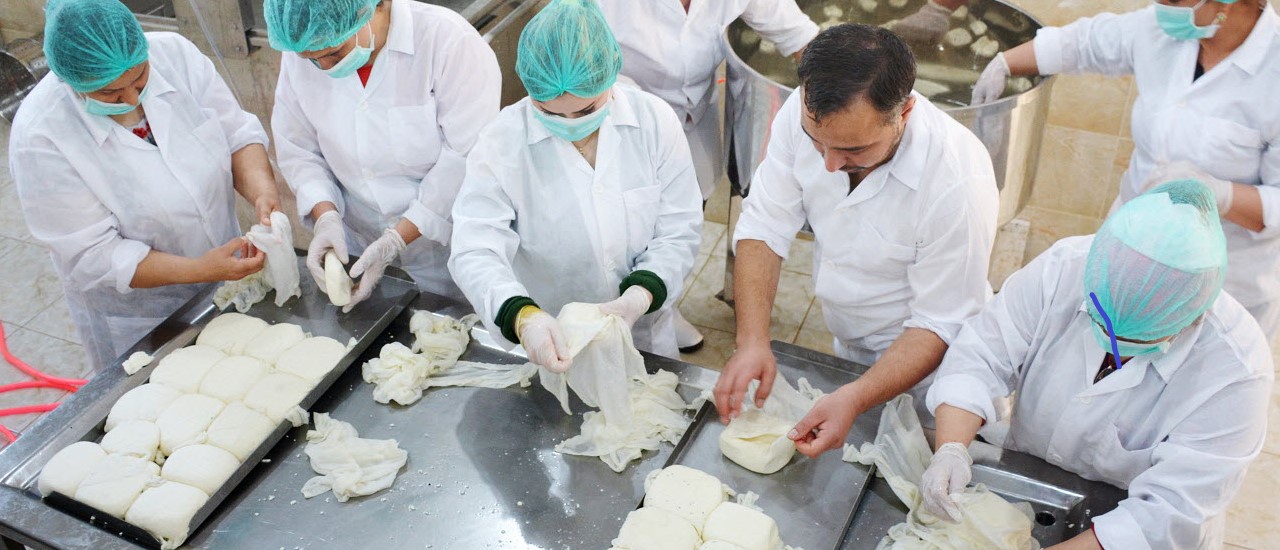
About
Near East and North African countries are at various stages in their efforts towards reducing FLW. Awareness of the scale and the impact of FLW is widespread, but more concerted effort is needed by all stakeholders to design effective policy, technical, and institutional solutions to FLW for sustainable agrifood systems. The Food and Agriculture Organization of the United Nations is committed to supporting member countries in reducing FLW as a lever for agrifood system sustainability and accelerating progress toward meeting the Sustainable Development Goals.
Regional-level knowledge and experience exchange, advocacy and awareness-raising, and engagement with a broad spectrum of stakeholders can help amplify FLW reduction efforts among NENA countries who share common agrifood system characteristics and challenges related to FLW. This is particularly important for many NENA countries where data, information, and experience with solutions and actions are lacking.
In the Near East and North Africa, over 14 percent of food produced is lost between from post-harvest until retail, and between 75 to 163 kilograms are wasted by households each year. The social, economic, and environmental impacts are serious for a region which relies heavily on global food imports, has limited potential to increase food production, and faces scarcity of water and arable land and the growing effects of climate change.
Reducing food loss and waste is not just a goal in itself, but an important leverage point for more sustainable agrifood systems in the NENA region. Actions to reduce food loss and waste can contribute to,
- Climate change mitigation and adaptation for actors within agrifood systems ,
- Preserving scarce water and arable land resources,
- Resilience to economic, social and political shocks,
- Inclusive economic growth through better incomes and employment,
- Improved nutrition and healthy diets.
Food loss and waste reduction is connected to many of the sustainable development challenges facing NENA countries and can help accelerate progress towards achieving the Sustainable Development Goals (SDG). SDG target 12.3 specifically aims to “by 2030, halve the per capita global food waste at the retail and consumer level, and reduce food losses along production and supply chains including post-harvest losses.”
The FLW Network for NENA was established to meet a clear demand for knowledge, information and experience exchange on FLW reduction in the NENA region. The Network brings together policymakers, technical experts, scientists and researchers, agribusinesses and any interested stakeholders under one umbrella to share and exchange the knowledge, best practices and strategies dedicated to FLW prevention and reduction.
It works as a knowledge hub for all members and means for sharing information, lessons and good practices on effective FLW prevention and reduction.

